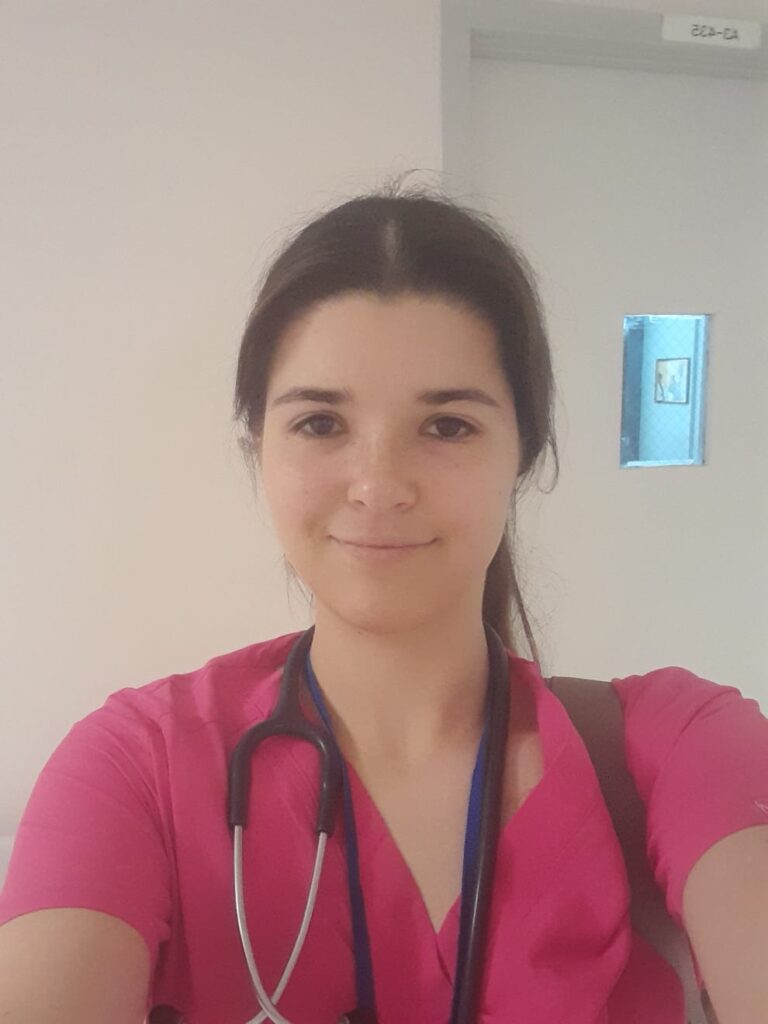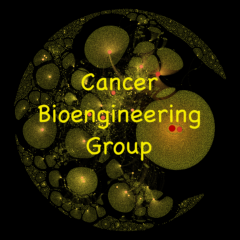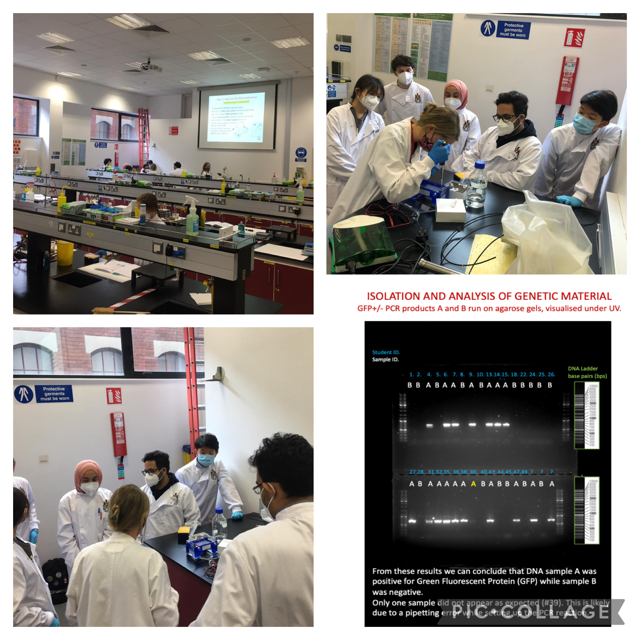Everyone, many heys from New York! I just started my pediatric residency at SUNY Downstate, Brooklyn, and I love this place! The weather is bright and shiny – I always admire it, passing by hospital windows. I live in a wonderful place; it takes just 5 minutes to get to the clinic. New York is a grand city with so many things to do – I would definitely go out on one of these weekends. Oh, wait, I’m working 24h and then catching up on my lost sleep. Well, there is always another time… if I get enough energy to muster after work.
Really, it is a lot of work, coming to a new country and starting residency, but I enjoy it. I had the best possible start – I interned in the Nursery, overseeing the treatment of neonates in their first three days of lives. And taking care of the newborns is what sold Pediatrics to me in the first place. I also love continuity of care, meaning that I will follow the same children for the next 3 years, observing their health and helping them grow. And I can attest to how wonderful the feeling is when you see an infant you knew from his first hours of life thriving and developing.

I like being an intern but can’t wait for the second year when I will have a pediatric oncology rotation at Memorial Sloan Kettering Cancer Center, a leading world cancer for pediatric oncology treatment. Furthermore, it has teams working on treating patients with neuroblastoma and is where research and clinical trial take place. I aim to join one of the projects and continue the work that I started with Dr Olga Piskareva. She taught me to love research and inspired me to improve my skills and reach new highs. I miss my time working with Dr Piskareva and the neuroblastoma lab, both research and social parts, and I hope to see them all soon – at one of the neuroblastoma conferences. 🙂
Written by Nadiya Bayeva


